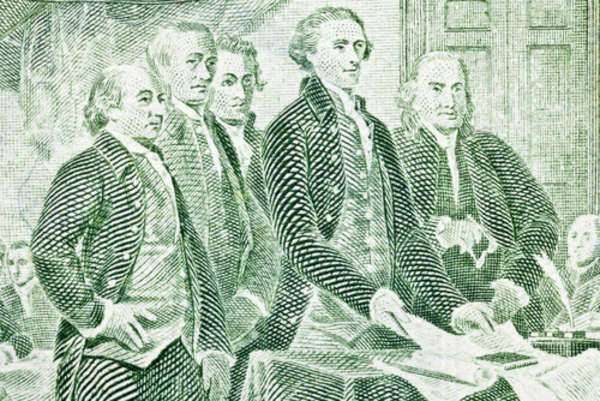The Continental Congress at a Glance
The Continental Congress at a Glance
The Continental Congress played a crucial role in American history, serving as the governing body of the colonies during the American Revolution. From 1774 to 1789, the Continental Congress met in various locations to coordinate the resistance against British rule and establish a new government for the fledgling United States. In this article, we will take a brief look at the history and significance of the Continental Congress.
Origins of the Continental Congress
The Continental Congress was a gathering of delegates from twelve of the thirteen colonies (Georgia abstained) who convened in Philadelphia in response to the British government's increasing taxes and other acts of oppression. The first Continental Congress met from September to October 1774 and issued a series of resolutions that affirmed the colonies' rights and demanded that Britain repeal its oppressive policies.
Second Continental Congress
The Second Continental Congress convened in May 1775 after the outbreak of hostilities between the colonies and Britain at Lexington and Concord. The Congress assumed responsibility for leading the war effort and appointed George Washington to command the Continental Army. The Second Continental Congress also drafted the Declaration of Independence in 1776, declaring the colonies' independence from Great Britain.
Achievements of the Continental Congress
The Continental Congress played a significant role in the Revolutionary War, providing funding and supplies for the Continental Army. The Congress also established diplomatic relations with France, which helped secure crucial military aid and support for the American cause.
Beyond the war effort, the Continental Congress also paved the way for a new system of government in the United States. In 1781, the Congress ratified the Articles of Confederation, which established a loose union of states with a limited central government. While the Articles of Confederation ultimately proved unworkable, they set the stage for the drafting of the U.S. Constitution several years later.
Significance of the Continental Congress
The Continental Congress was instrumental in shaping American history, serving as the de facto government of the colonies during a time of great upheaval and uncertainty. The Congress laid the foundation for a new system of government in the United States, one based on principles of liberty, democracy, and individual rights. The Continental Congress also helped forge a sense of unity and common purpose among the colonists, leading to the eventual triumph of the American Revolution.
Conclusion
The Continental Congress was a pivotal institution in American history, representing the first steps towards independence and self-government. From the First Continental Congress in 1774 to the ratification of the Articles of Confederation in 1781, the Congress played a central role in the formation of the United States. Today, the Continental Congress serves as a source of inspiration for those who seek to uphold the principles of democracy and freedom.
The Continental Congress was comprised of a group of delegates. Each group of delegates constituted a representative of their respective colonies in America. All of these delegates came together to form what is considered to be the first governing body of America.
The Continental Congress was the governing body of America during the American Revolution. This was a critical time for the nation because it was when America was declaring independence from England and was formally trying to establish itself as a nation.

Over the span of fifteen years from 1774 to 1789, the Continental Congress met together to discuss action and formal planning for what would become the United States. The first time the Continental Congress met was in 1774. During this time, America was engaged in separation from England; one that many of the colonists had yet to fully accept. However, though there was still loyal to the motherland, there was a desire to have England treat the colonies fairly and justly. At this particular meeting, there were delegates from all but one of the colonies.
The second time the Continental Congress met was in 1775. At this point in time, more of the colonists and delegates had resolved that there needed to be a total separation between England and America. Only a few of the individuals still hung on to the hope of reconciliation. From here, progressive steps were made during the Continental Congress to build up an army and to plan legal emancipation from England. Later, the Continental Congress would form a government for America.